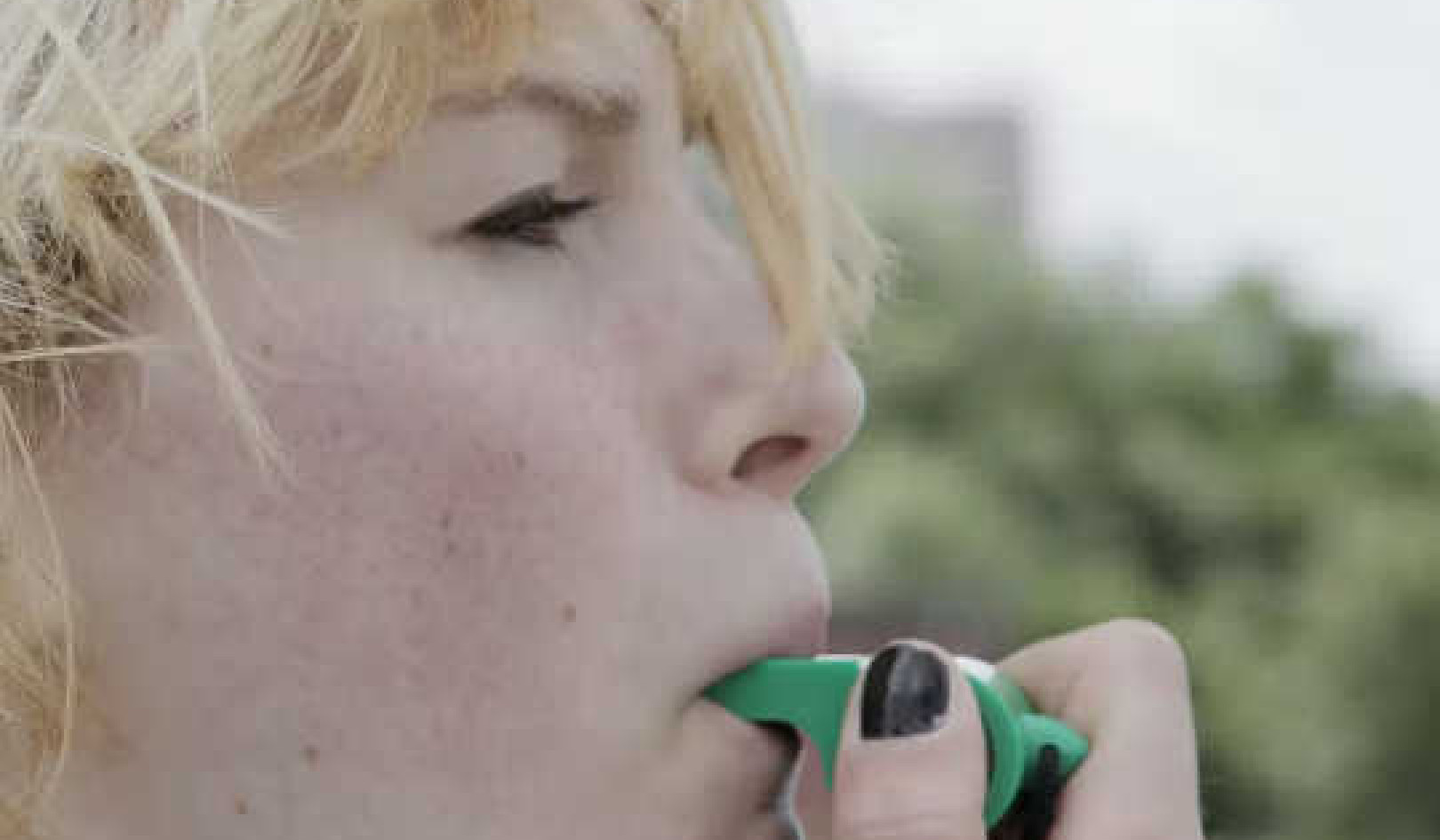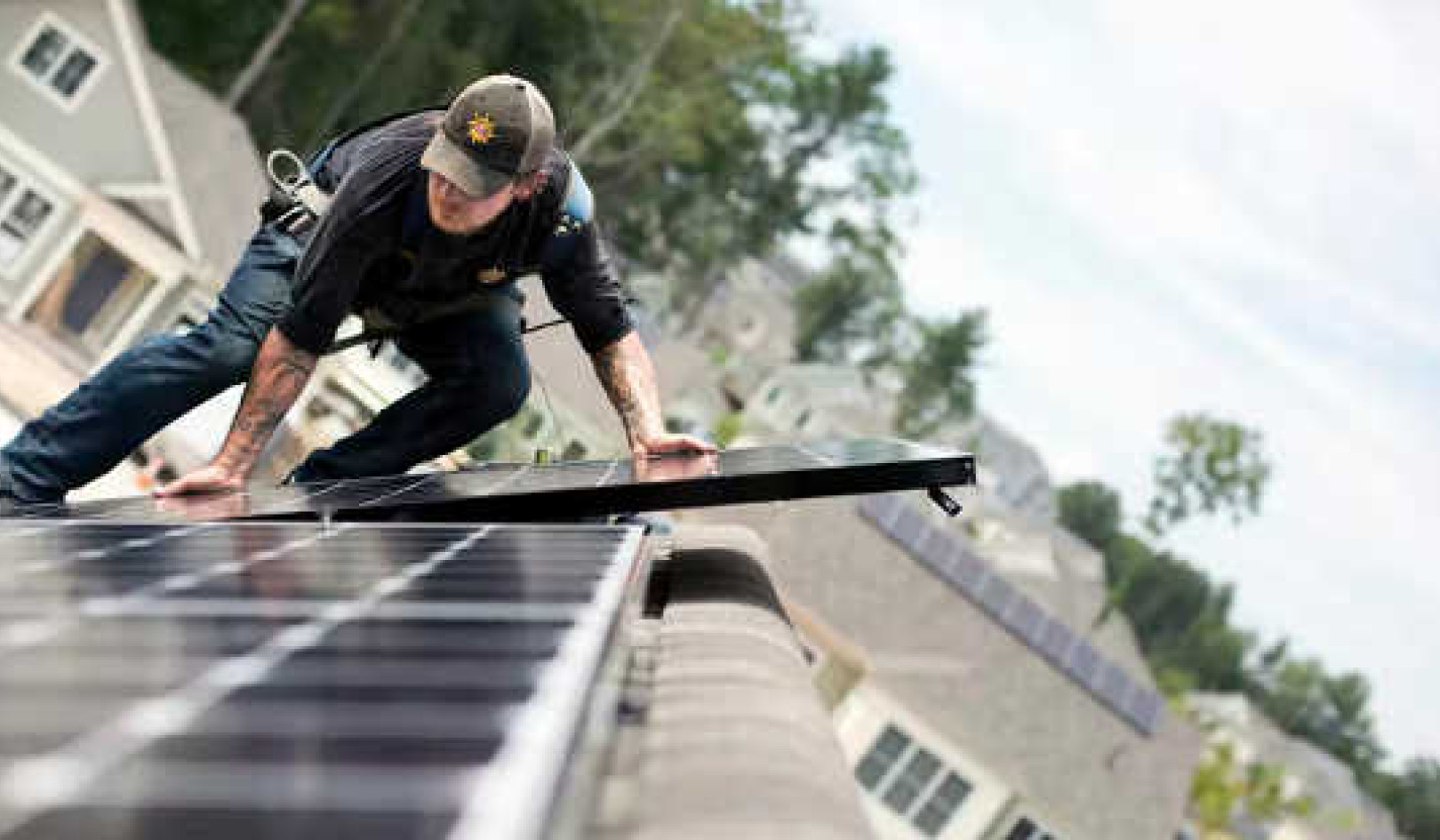An organic garden is not a machine. It is a living system of balanced forces between, for example, predator and prey, and these forces are always in flux. Soil composition, air quality, water, birds, bugs, weeds -- these are just a few of the forces that determine the nature and health of your garden.
Your role as garden steward is to encourage the balance in your favor, not to take over nature's role in the name of achieving the goal of perfection. Efforts to control or impose a balance for picture perfect produce can eventually backfire. Many growers have aimed for this perfection because consumers preferred and then demanded unblemished produce. A common result is that their land may not have pests, but it also may not have earthworms in the soil, birds in the fields, or beneficial predatory insects. This may seem benign, but is not. Many practices used to obtain high yields of unblemished produce, for a variety of complex reasons, eventually promote the loss of topsoil, loss of water penetration, and loss of biologically available nutrients. Hence the soil depends more and more on human-provided nutrients.
Many small and large-scale growers are alarmed by soil-depletion and related trends, for both ecological and economical reasons. Many have adopted sustainable agriculture as a goal. Specific definitions of sustainable agriculture may differ, but it generally refers to practices that are viable over long periods of time, both environmentally and economically. It strives for such things as soil that can produce crops without nutrient depletion and with minimal human amendments. Sustainable agriculture is a philosophical shift away from control to cooperation, from master to steward.
The role of backyard steward is not hard to achieve, especially if adopted at the outset. One of its most important precepts is to feed the soil, not the plants. It is perhaps most demanding during the planning phase, when you make crucial decisions about where to put your garden, what varieties of plants, when and where to plant them, how to feed the soil, where to put the compost pile (if at all), what kind of mulch to use, and, perhaps most important, how perfect you wish your produce to appear.
As steward, you may decide to avoid even the "organic" sprays such as copper-based fungicides because they can sometimes kill the garden's best friend: earthworms. On the other hand, your goals may dictate using some sprays for limited and highly targeted purposes. The issue is to define your own goals in advance, the reasons for them, and stick to them. In the absence of such goals, temptations to "zap" this or that pest during the growing season may become habitual.
Perhaps another desirable goal beyond stewardship for the backyard gardener is a self-sustaining garden. As steward of a self-sustaining garden, your first job is to recognize that the forces in your garden will never be in "perfect" balance. There will always be some plant damage. The plants in your garden do not come with unconditional guarantees because they do not come out of a factory.
Your second job is patience. It usually takes several years to establish an ecosystem that operates in your favor -- an ecosystem with earthworms, insect-eating birds, beneficial predatory insects, soil with organic matter sufficient to both drain well and retain water to prevent runoff, and soil nutrient levels that will support healthy plant growth.
The advantage of a self-sustaining garden is that it requires the least amount of money and time in the long run. You may need to invest in a first colony of earthworms (if there are none already there), to build or buy bird houses, buy compost and organic matter (before your garden produces it for you), and perhaps even buy irrigation soaker hoses and row cover material. But these investments should pay you back many times over in several years in a healthy garden that doesn't require lots of imported materials or time-consuming pest controls.
Earthworms, above all, are the gardener's best friend. Through both their tunneling and nitrogen-rich castings (excrement) they perform all the following jobs for you -- free of charge!
-
-
-
Aerate the soil, improving oxygen availability to plant roots;
-
improve water retention capacity, decreasing your need to water;
-
keep the soil loose and friable, improving plant root capacity for growth;
-
raise important minerals from the subsoil to the topsoil where plants can use them;
-
counteract leaching out of nutrients by improvement of water retention;
-
break up hardpan soils, which are not hospitable to plant growth;
-
homogenize soil elements so they're more evenly available to plants;
-
create fertile channels for plant roots, liberate essential nutrients into a form that is soluble and available to plants;
-
neutralize soils that are too acid or too alkaline for healthy plant growth;
-
balance out organic matter in the soil, so you needn't worry about exceeding the 5-8% optimal level;
-
generally enhances the soil's environment for growing healthy self-sustaining plants.
-
-
So protect your earthworms by tilling minimally, because tilling can disturb and kill earthworms and other soil microorganisms through mechanical abrasion, drying out, and disruption of their environment.
Composting and Mulching
Compost is another major player in the self-sustaining garden. Compost, essentially, is any organic material, including manure, that is decayed into a simpler form by the action of anaerobic or aerobic bacteria, depending on the composting method. Humus is any partially decomposed organic material, vegetable or animal, that is used to improve soil quality by mixing it into the soil. Mulch is any material used to cover the soil, whether nutrient-poor such as newspaper, nutrient-neutral such as plastic, or nutrient-rich such as compost. Compost can be used wherever humus or mulch are recommended.
The process of composting reduces the original bulk of the organic material by one-fourth to one-tenth. So where a thick mulch is desired, you may prefer uncomposted material such as straw or chopped leaves. On the other hand, if you have access to large amounts of compost, it is a highly beneficial mulch because it also feeds the soil and its creatures gently; by contrast, chemical fertilizers can kill earthworms and other beneficial organisms. Compost lasts a long time because it releases nutrients slowly in a readily available form. By contrast chemical fertilizers usually provide a quick boost then peter out, creating a need for more. Compost improves soil drainage by adding porous organic matter (humus), provides water retention, again by the addition of organic matter (humus).
Birds and bats that eat insects are another key aspect of a self-sustaining garden. They help keep the garden clean of flying and crawling insects, and some will even eat grubs in the ground. The author and expert gardener Jeff Ball wrote that insect damage in his garden virtually disappeared after putting up bird houses that attracted insect-eaters. What more needs to be said?
Beneficial insect-eating birds include bluebirds, downy woodpeckers, barn swallows, purple martins, sparrows, blackbirds, phoebes, baltimore orioles, chickadees, juncos, purple finches, brown thrashers, warblers, chickens, ducks, and geese. Swallow family birds, such as the purple martin, are often considered the most desirable insect-eaters.
Bees, wasps and other beneficial insects are friends of the garden. Bees are nature's best pollinators, making possible the fruits and vegetables we all enjoy. Wasps, like other beneficial insects, not only can prey on various destructive insects but they can also parasitize eggs, larvae, and adult insects. To attract wasps and other beneficial insects you can plant companion herbs (especially Umbelliferae), flowers, and clovers around the edge of your garden.
To be self-sustaining, your garden should be able to defend itself from severe damage from most pests most of the time. Such natural defense is promoted by four major factors: sun, water, soil, and air circulation. All of these factors are interactive, so that each is necessary but, alone, not sufficient.

Book by this author:
The Gardener's A-Z Guide to Growing Organic Food
by Tanya Denckla.
Info/Order book
About The Author
 Tanya L. K. Denckla, author of The Gardener's A-Z Guide to Growing Organic Food, is a gardener and professional mediator at the UVa Institute for Environmental Negotiation. She co-founded and serves as faculty for the Virginia Natural Resources Leadship Institute. She is also the author of The Organic Gardener's Home Reference: A Plant-By-Plant Guide to Growing Fresh, Healthy Food.
Tanya L. K. Denckla, author of The Gardener's A-Z Guide to Growing Organic Food, is a gardener and professional mediator at the UVa Institute for Environmental Negotiation. She co-founded and serves as faculty for the Virginia Natural Resources Leadship Institute. She is also the author of The Organic Gardener's Home Reference: A Plant-By-Plant Guide to Growing Fresh, Healthy Food.
This article was excerpted with permission from Gardening at a Glance (now out of print) by Tanya Denckla, published by Wooden Angel Publications, Route 10, Box 245, Harrisonburg, VA 22801.























